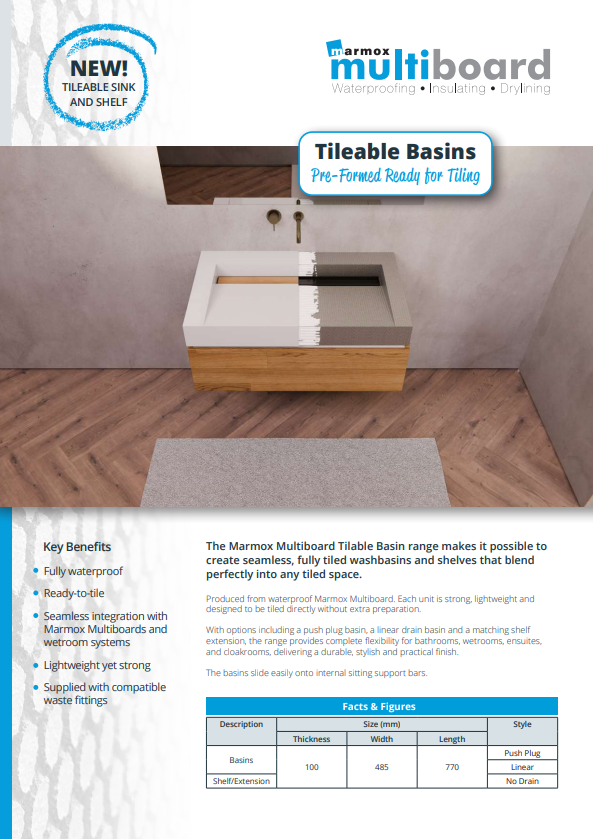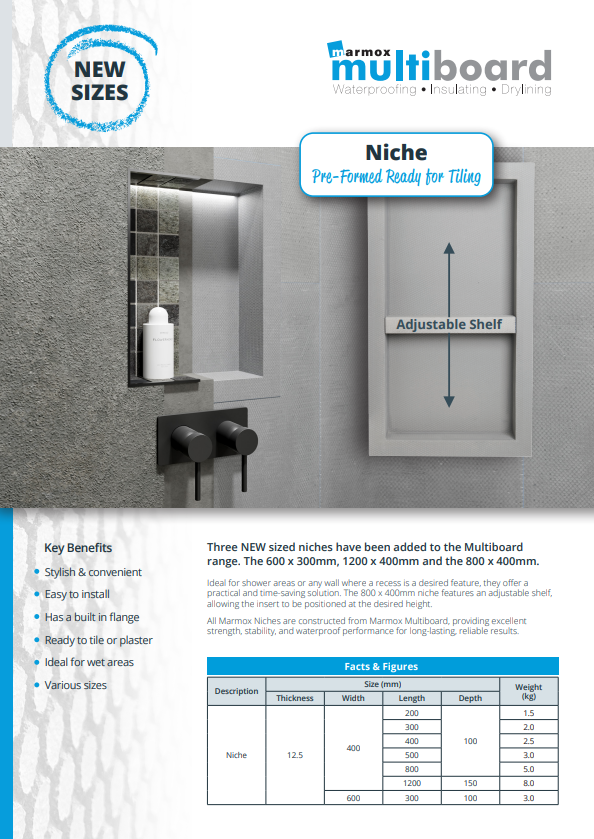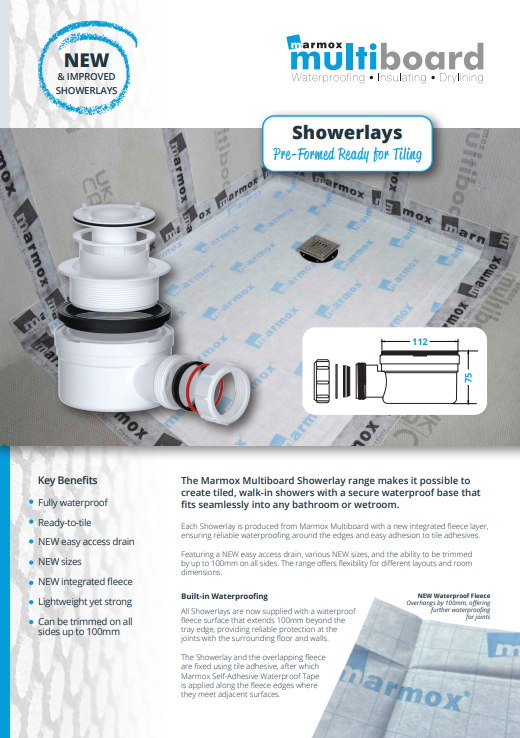Which?'s Sustainability Tracker report for 2025 has revealed that households are increasingly open to getting a heat pump, but adoption has only reached around three per cent as homeowners struggle to make the switch.
In the coming weeks the government is expected to launch its Warm Homes Plan, setting out their strategy to encourage more than 90% of UK homeowners that heat their homes with gas and oil boilers to switch to new electric heating systems such as a heat pump. The government hopes this will improve energy security, reduce energy bills and cut carbon emissions.
The Climate Change Committee said that half of all UK homes must switch to a low-carbon heat pump by 2040 for the UK to meet its Net Zero target. But the UK risks missing this target unless the government takes action to remove the barriers that hold consumers back from getting a heat pump.

Heat pump ownership has seen little change over the last three years in the consumer champion’s Sustainability Tracker. In 2023 and 2024, ownership amongst homeowners remained at two per cent, rising to just three per cent in June 2025.
This inertia should not be mistaken for a lack of consumer interest in heat pumps. Which? research shows that in the last year awareness and understanding of what heat pumps are has risen from 56% to 64% and the number of homeowners that are open to installing one has climbed from a quarter (26%) to a third (33%).
Which? also found that three in four homeowners (77%) were concerned about climate change and almost four in five (79%) felt a personal responsibility to reduce their impact on the environment.
Despite growing interest in heat pumps, costs continue to be a barrier. Which? findings show that financial concerns remain central for homeowners. Two thirds (67%) of homeowners surveyed who knew about heat pumps but did not own one said the installation costs would stop them from going ahead.
The running costs of heat pumps were also a concern, with 29% questioning if a heat pump would reduce their energy bills. This uncertainty is linked with consumer worry about energy prices that have remained at historically high levels since the energy crisis. Four in five homeowners reported being worried about energy prices in August 2025 (79%).
Which? research suggests that addressing financial concerns would create a strong incentive for consumers to switch to a heat pump, with 31% of those considering a heat pump saying that lower energy bills would be the most likely factor to encourage them to install one.
To support homeowners who are unable to pay, the government’s Warm Homes Plan must offer a combination of grant funding and financial products that make costs more affordable. Making a strong financial case for getting a heat pump through reduced running costs will also support adoption.
Alongside these financial measures the government should build confidence and address homeowners’ questions about the suitability of heat pumps for heating their homes by ensuring they have access to good quality independent information and advice.
How well heat pumps are installed will be critical for building consumers' trust and confidence. To address this, Which? is calling on the government to make MCS certification mandatory for all heat pump, solar and battery installers. MCS certified installers are required to meet technical standards for installation and must abide by a consumer code that covers marketing and communication with homeowners, as well as the resolution of complaints and disputes.
Sue Davies, Which? Head of Consumer Protection Policy, said: “Our findings show that homeowners are increasingly open to choosing a heat pump, but they’re being held back by high upfront costs, uncertainty about running costs and a lack of confidence in technology that is still unfamiliar for many.
“In order to support consumers who want to switch to a more sustainable heating system, the government needs to ensure that upfront costs and heating bills are made more affordable and that people have access to good quality independent advice and reliable installers.”




















